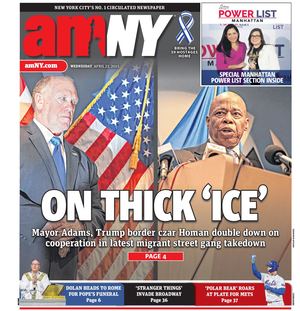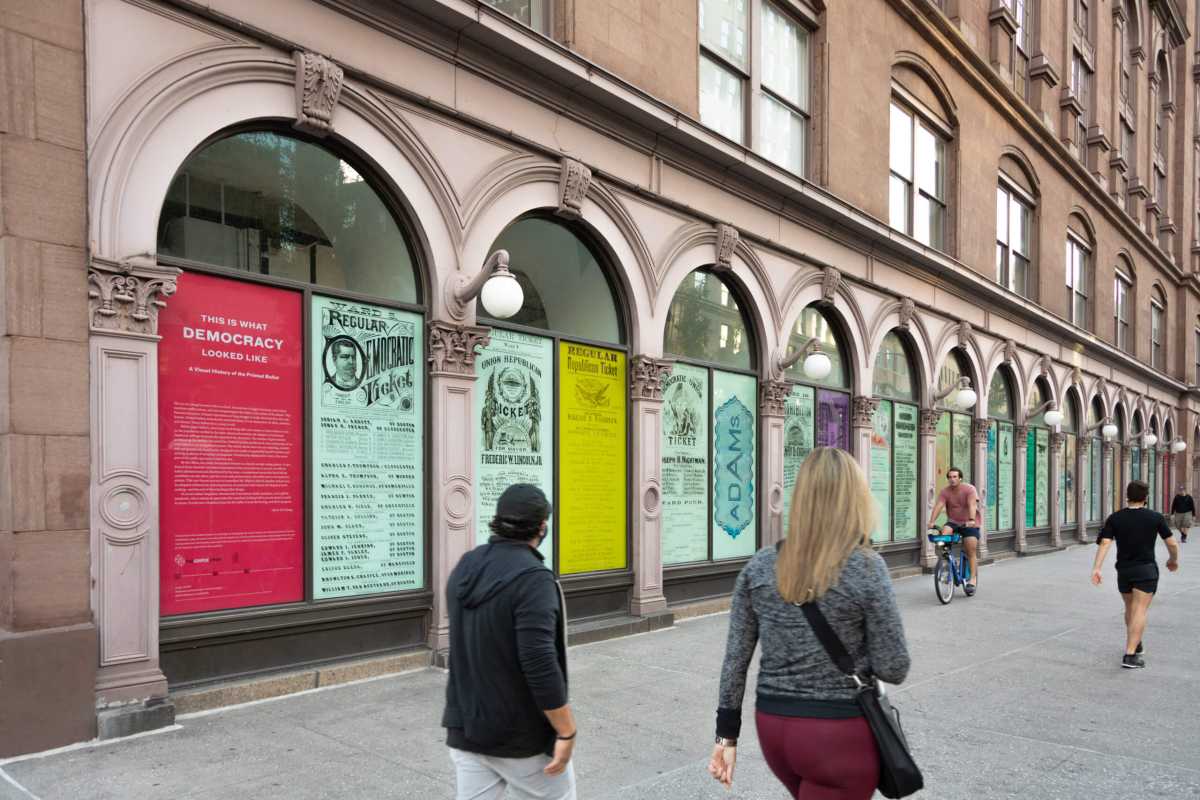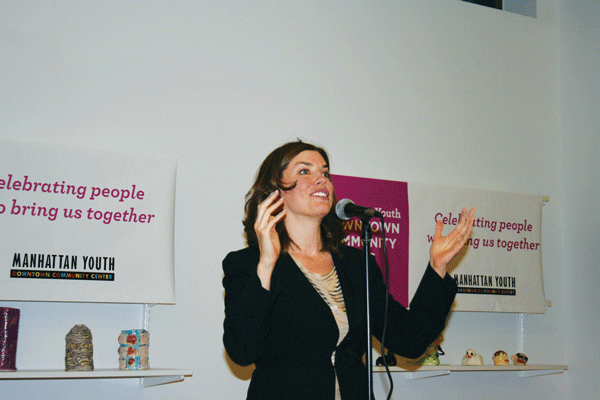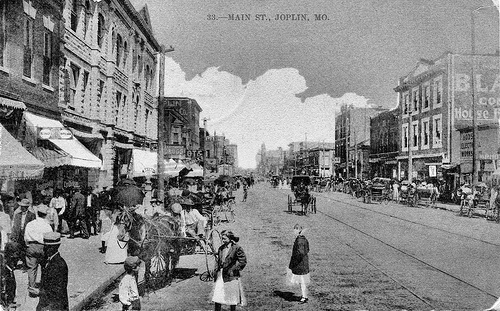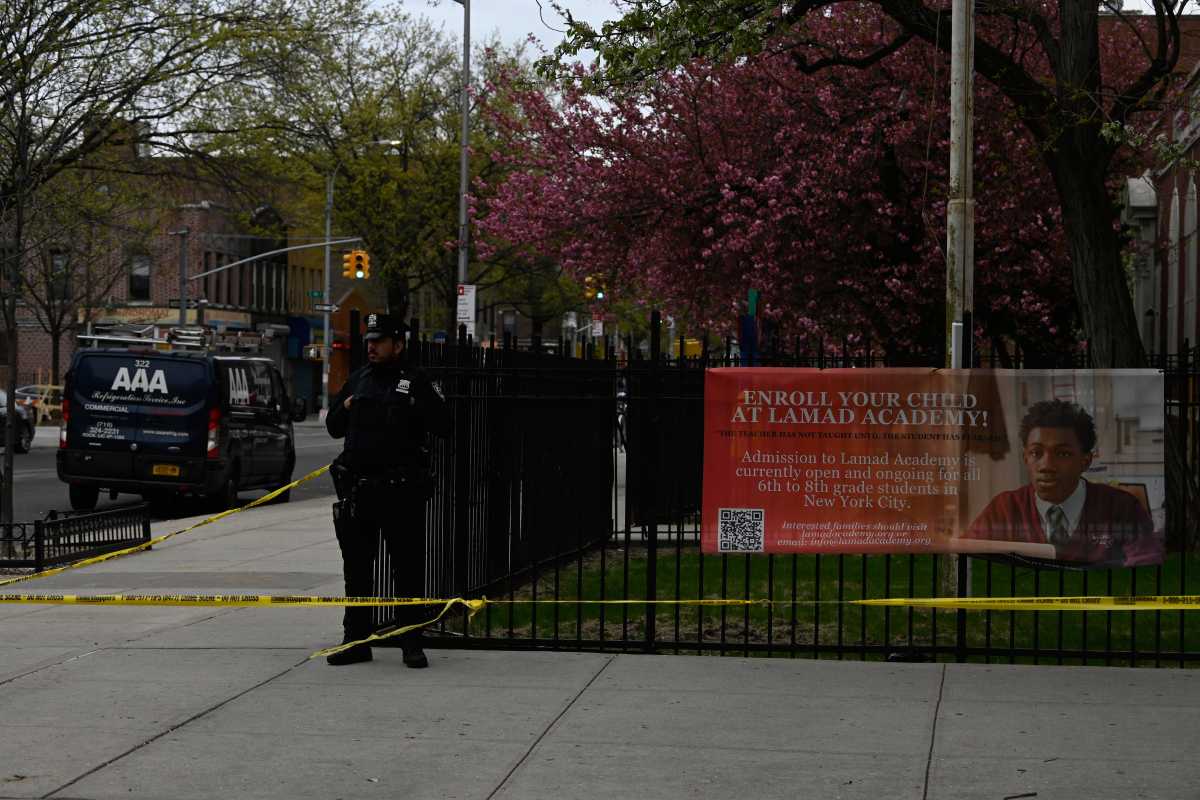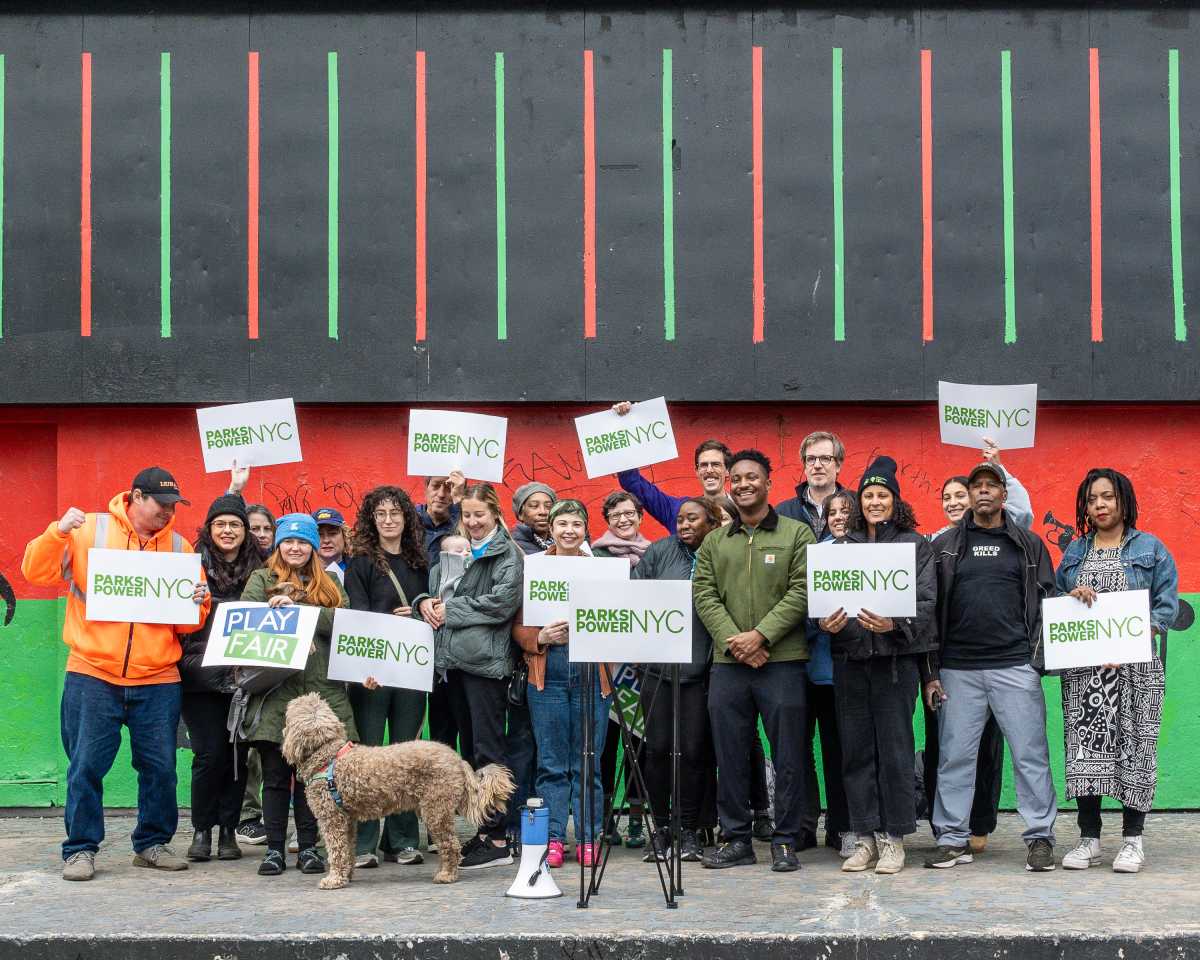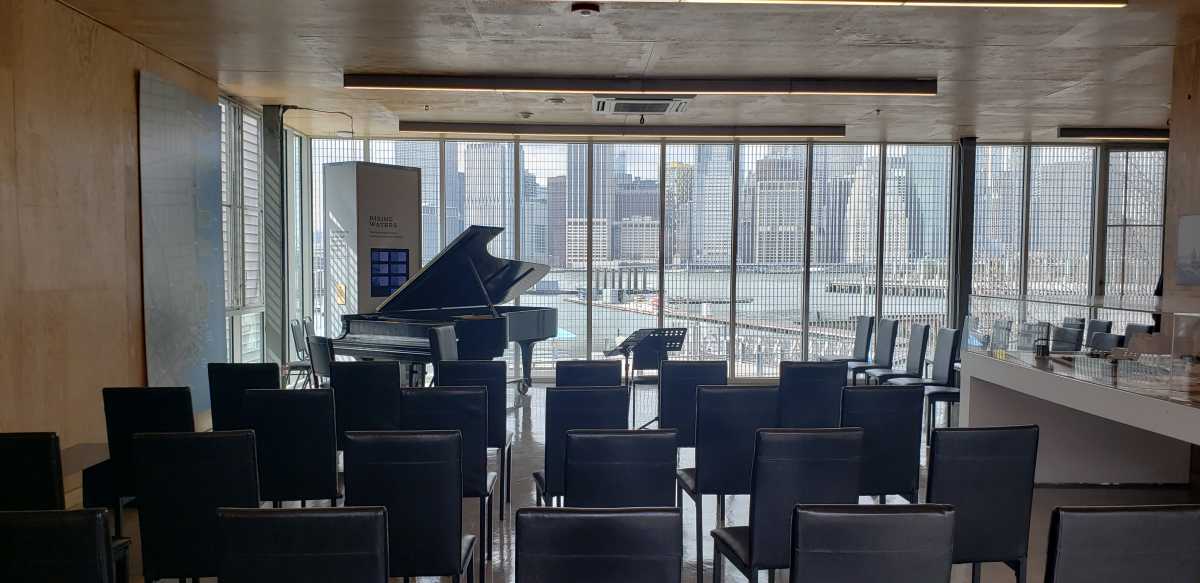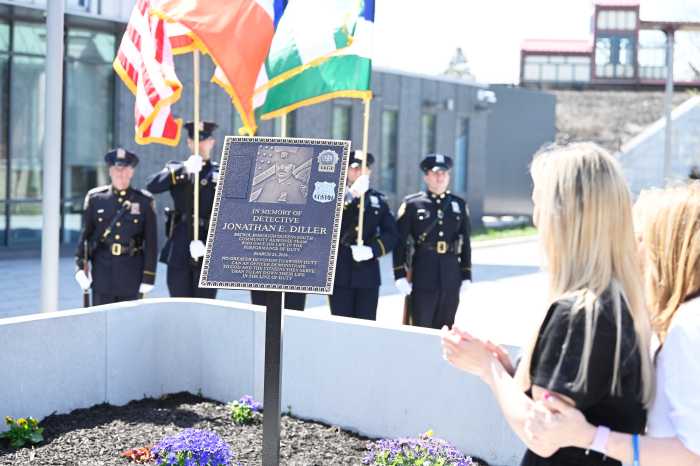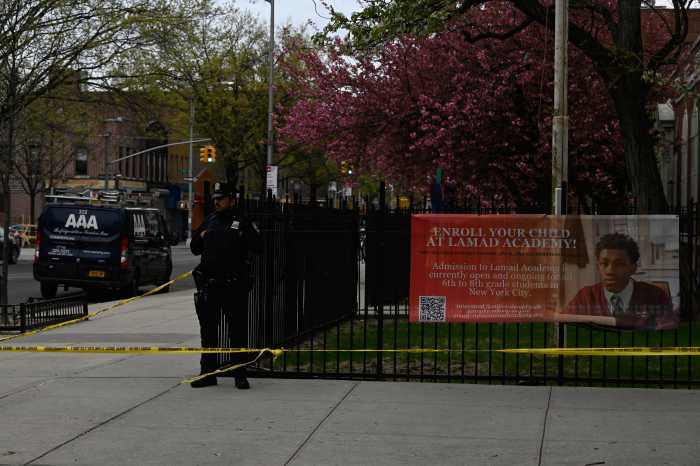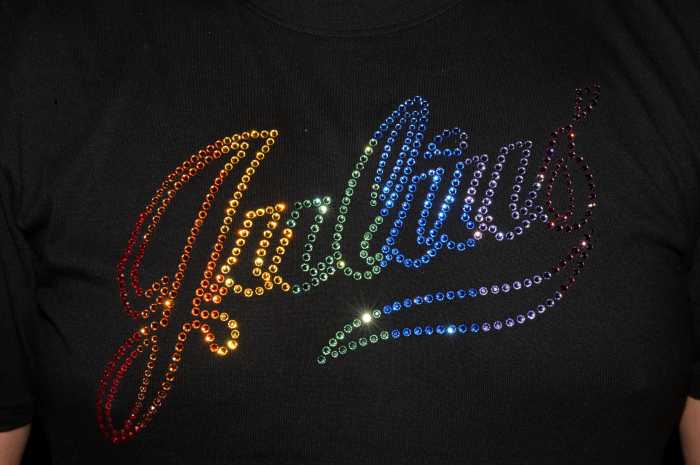As early voting nears, a new exhibition, “This is What Democracy Looked Like: A Visual History of the Printed Ballot,” in the colonnade windows of The Cooper Union showcases election ballots from the last 70 years of the United State’s history.
The rare ballots, or what some call “fugitive ephemera,” being that printed ballots are legally required to be destroyed, highlights the visual history of the country’s election process.
The free exhibition at The Cooper Union for the Advancement of Science and Art’s historic Foundation Building, located at 7 E. 7th Street, will be on display from Oct. 19 to Nov. 7.
The outdoor exhibit features print reproductions of 26 individual ballots from the nineteenth century.
The display was curated by Alicia Cheng, a founding partner of MGMT. design and The Cooper Union’s Fall 2019 Frank Stanton Chair in Graphic Design.
“Ballots today may look boring and bureaucratic, but they are the most direct tool of participatory democracy,” said Cheng. “The act of voting is a critical part of our civic discourse. From absentee votes to protest write-ins, ballots are a direct way for us to express ourselves as citizens. But historically there wasn’t any regulations for how a ballot looked or how it was produced. These visual artifacts demonstrate how voting has changed, helping us better understand how our struggle in making an imperfect system that is honest and fair might have evolved.”
Before the 20th century there was no federal oversight for the election ballot. The parties paid to produce, print, and distribute their own ballots. Parties used colored inks, paper stock or illustrations explicitly so party members could easily track which votes were cast, evidence of early methods of voter suppression and intimidation.
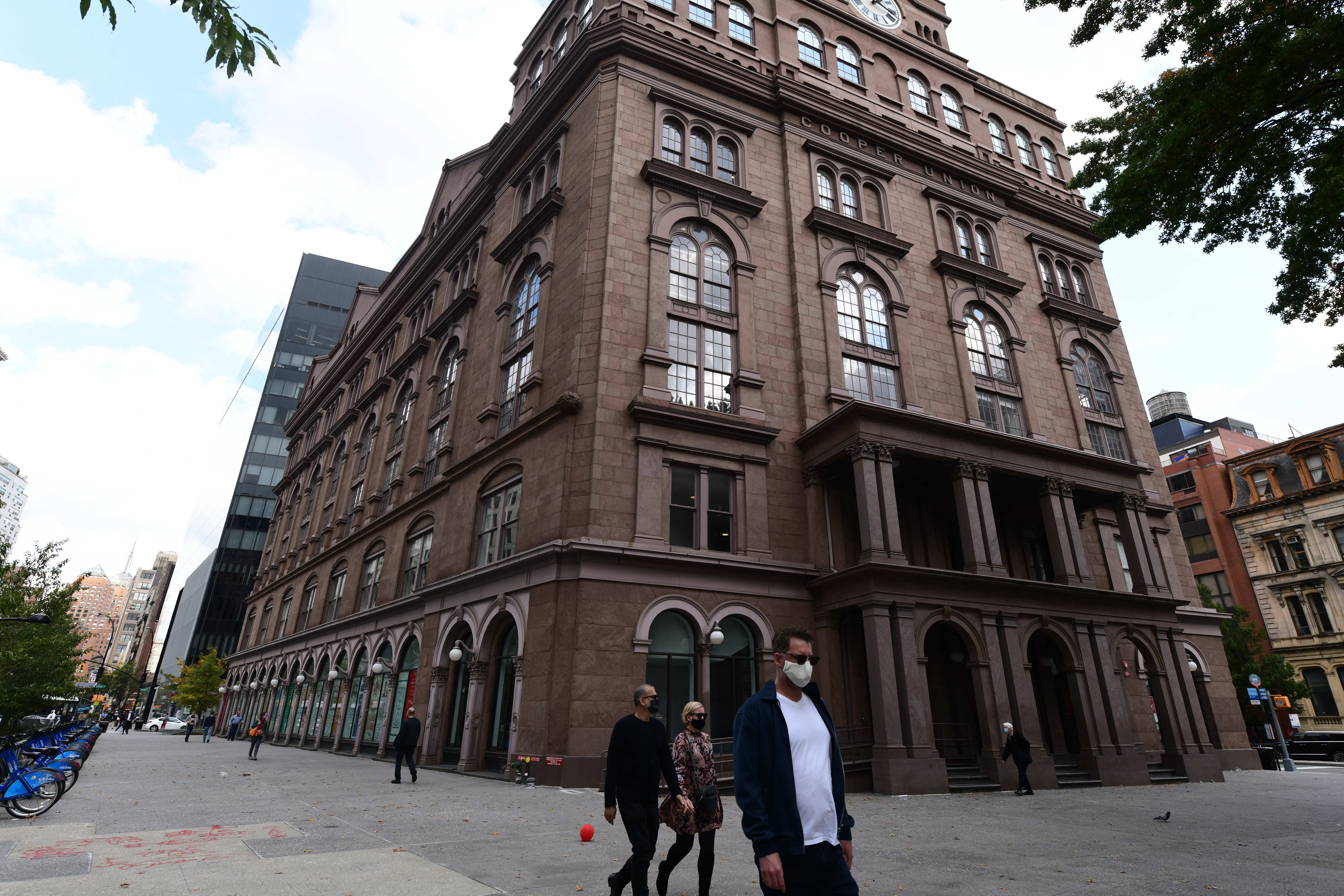
By the early 20th century, a federally regulated ballot was introduced, leading to a design more familiar to us today.
“This is What Democracy Looked Like” reps argue the new format is “obviously fraught with problems that continue now, such confusion of what to mark or where to mark (think of this century’s infamous “hanging chad”).”
In conjunction with the exhibition, The Cooper Union is also hosting a virtual panel on Oct. 26, featuring Cheng in conversation with Samantha Bee, Zephyr Teachout, and Victoria Bassetti about why the 2020 election might pave the way to a new era of electoral integrity.
